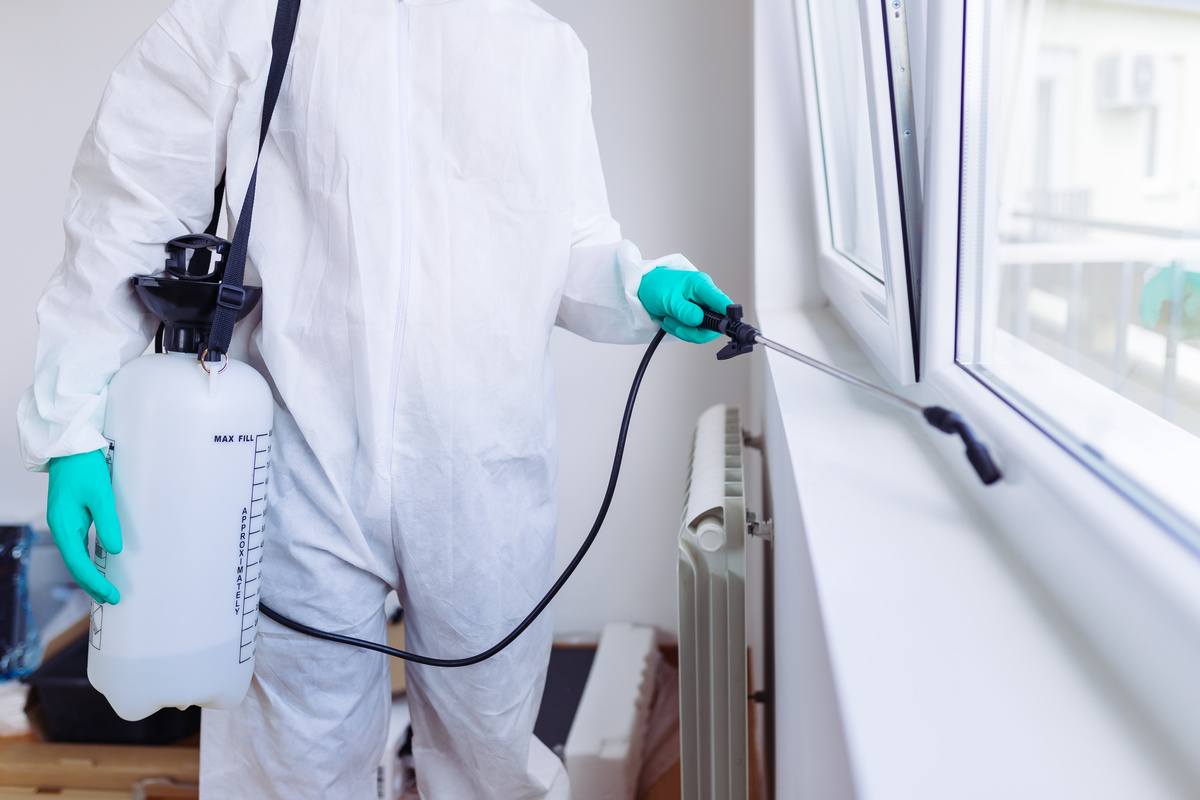Menu
Awareness and Mitigation of Pest Control Hazards

Pest control is a vital but potentially hazardous profession. During the job, it’s important to be aware of potential risks and preventing these risks whenever possible. Keep reading as we discuss some of the hazards a pest control professional may face, and how including preventative pest control tools in your arsenal can help to reduce these risks.
1. Respiratory Hazards
Breathing in the commonly used pesticides while treating pest infestations can cause uncomfortable minor symptoms such as headache, coughing, and nausea. With increased exposure, more serious illness or even death can occur. Particularly when dealing with rodenticides, which are designed to be toxic to mammals, the greater the exposure the greater the potential for negative side effects.
2. Skin Irritations and Burns
Even when wearing protective clothing, any exposed skin could be subject to contact irritation when dealing with a pesticide. The chance of accidental skin exposure to pesticides increases proportionally to the amount of area that requires treatment.
3. Rodent or Snake Bites While Working in a Confined Space
Pest control frequently requires working in confined spaces such as home crawl spaces or attics. Although a cautious professional will take care to avoid allowing an animal to bite, this event can occur when attempting to remove rodents, snakes, raccoons, or other animals from an enclosed space.
Reduce Pest Control Hazards with Preventative Pest Control Solutions
Although you cannot completely avoid risk while working in pest management, you can minimize the risk by using proper PPE (personal protective equipment) and by preventing pest access as often as possible.
At Critter Guard, we provide tools such as our Line Guard and Pole Guard systems to help prevent animals from accessing attics and roof spaces. To learn more about our preventative pest control products and the benefits they provide when added to your pest control arsenal, contact us today!
- Choosing a selection results in a full page refresh.


